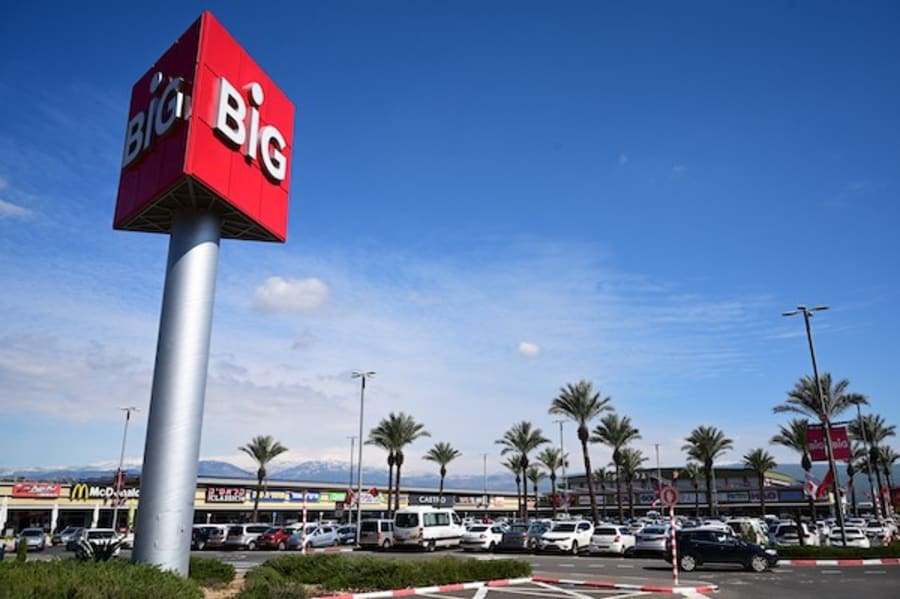Israeli economy shrank in 2020, but is back on track with lowest unemployment – from a high of 25% to less than 10% – in a year
Jewish state also appears well positioned to embark on a comprehensive economic recovery

Despite contracting by 2.6% during the pandemic year 2020, according to the Central Bureau of Statistics, Israel’s economy is already reawakening and is poised to make a quick recovery.
While Israel’s economy shrank slightly more than the earlier estimated 2.5%, it was more resilient than other advanced OECD economies. By comparison, most Western democracies shrank on average 5.5% in 2020, more than double compared to the Israeli economy.
Israel’s economy is not only less battered than other advanced economies, it appears to be on track to making a swift recovery. Israel’s Gross Domestic Product (GDP) grew by an annualized rate of 6.5% during the fourth quarter in 2020. This rapid Israeli economic growth rate greatly outpaces the average growth rate among Western economies even prior to pandemic.
"For the first time, the monthly unemployment rate has dropped below 10%. The rate of unemployment for March is 9.5% as opposed to 14% in February," said Prime Minister Benjamin Netanyahu. "From 25% unemployment at the peak of the crisis, we have succeeded in reaching the goal of less than 10%, and it will continue to decline."
While private consumption in Israel shrank by 9.5% in 2020 and unemployment soared to almost 25% due to three lockdowns, unemployment fell below 10% in April – the lowest since the beginning of the pandemic. However, the unemployment rate still remains high compared to less than 4% unemployment prior to the pandemic.
But according to another encouraging report, the number of job vacancies was at a record high of 112,500 in March.
Israel’s economic recovery appears to be closely linked to the Jewish state’s fast and efficient vaccination rollout. With over 90% of Israelis over age 16 either vaccinated or recovered from the coronavirus, Israel appears to be well positioned internationally to embark on a comprehensive economic recovery.
Following the comprehensive vaccination campaign, the number of daily coronavirus cases in Israel dropped dramatically from a few thousand to on average only a few hundred. An increase in car imports was another factor that boosted Israel’s recent economic growth rates. During the first quarter of 2021, the American electric car manufacturer Tesla entered the Israeli car market. In addition, its Chinese electric car rival Geely also arrived in Israel as part of its strategic cooperation with the Israeli advanced driver-assistance systems company Mobileye.
The International Monetary Fund (IMF) is also increasingly optimistic about the Israeli economy. IMF has revised its economic growth forecast for Israel in 2021 from 4.1% to 5%. This forecast is even more optimistic than the Israeli Ministry of Finance’s growth forecast of 4.9%.
In addition, IMF expects the Israeli economy to continue growing with 4.3 percent in 2022. IMF also expects inflation in Israel to reach 0.7% in 2021, approximately half the rate of most advanced economies. The international agency also predicts that unemployment in Israel will drop to 5% by the end of 2021 and to 4.6% in 2022. If realized, these numbers are indeed encouraging. However, IMF’s forecast for unemployment in Israel does not include unpaid leave in sectors that were severely hit by the pandemic, such as aviation and tourism.
Another encouraging sign for Israel’s economy is that direct flights between Bahrain and Israel will start in June. The Bahraini national airline company Gulf Air will be offering regular direct flights between Ben-Gurion Airport outside Tel Aviv and Manama in Bahrain. The first flight is scheduled to take off from Bahrain to Tel Aviv on June 3. Israel’s international airport was almost entirely closed for nearly two months until it reopened prior to the Israeli elections in late March.

The All Israel News Staff is a team of journalists in Israel.














